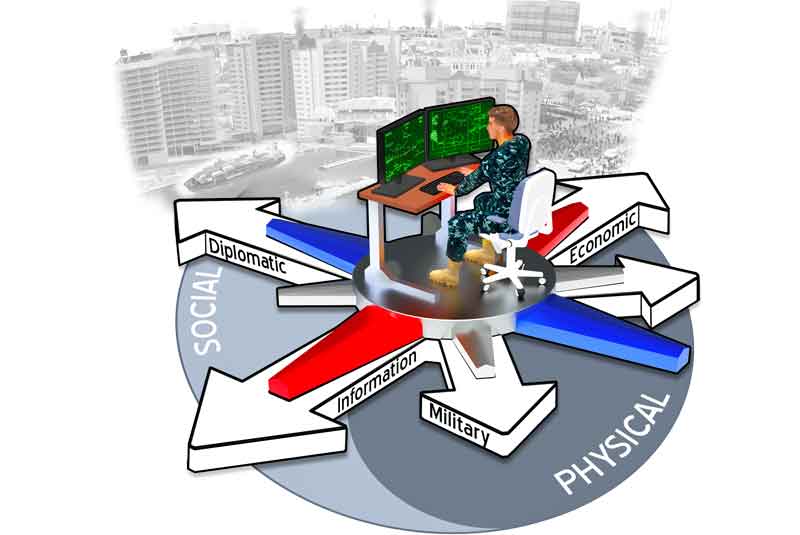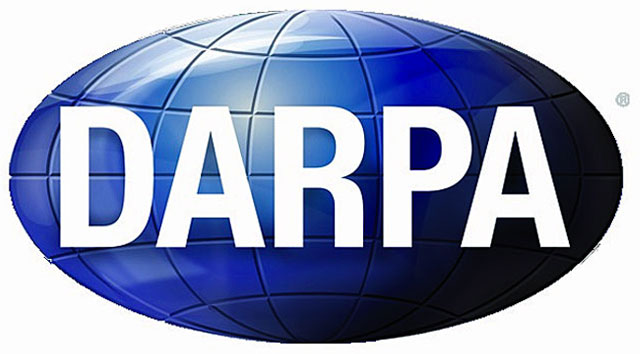A relatively new emergent type of conflict has been recognized in recent years coined “gray zone,” because it sits in a nebulous area between peace and traditional warfare tactics.
Gray-zone actions are not openly declared, rather they are slower, and conducted more subtly using social, psychological, religious, information, cyber and other means to achieve physical or cognitive objectives with or without violence.
The lack of clarity of intent, albeit the ‘grayness’ – makes it challenging to detect, characterize, and counter an enemy fighting this manner.
To better understand and respond to an adversary’s gray-zone engagement, the Defense Advanced Research Projects Agency (DARPA) Strategic Technology Office today announced a new program called COMPASS, which stands for Collection and Monitoring via Planning for Active Situational Scenarios.
The new program aims to develop software that would help clarify enemy intent by gauging an adversary’s responses to various stimuli.
COMPASS will leverage advanced artificial intelligence (AI) technologies, game theory, and modeling and estimation to both identify stimuli that yield the most information about an adversary’s intentions, and also provide decision makers high-fidelity intelligence on how to respond, with anticipated positive and negative tradeoffs for each course of action.
(Learn More. The gray zone is a conceptual space between peace and war, where activities are typically ambiguous or cloud attribution and exceed the threshold of ordinary competition, yet intentionally fall below the level of large-scale direct military conflict. This video highlights NSI’s work in collaboration with the Strategic Multilayer Assessment (SMA) office and the US Department of Defense to: 1) define the gray zone and 2) validate the gray zone definition using NSI’s Virtual Think Tank (ViTTa) methodology. Courtesy of NSI and YouTube)
“The ultimate goal of the program is to provide theater-level operations and planning staffs with robust analytics and decision-support tools that reduce ambiguity of adversarial actors and their objectives,” said Fotis Barlos, DARPA program manager.
“As we see increasingly more sophistication in gray-zone activity around the world, we need to leverage advanced AI and other technologies to help commanders make more effective decisions to thwart an enemy’s complex, multi-layered disruptive activity.”
Current military decision-making follows a well-understood and effective OODA loop—Observe, Orient, Decide and Act.
This is how planning is done in various geographic areas around the world, which works for traditional kinetic scenarios, Barlos explained, however, is not effective in gray zone warfare.
Signals in a gray-zone environment are typically not rich enough to draw any conclusions, and, just as often, adversaries could implant these signals to intentionally induce ambiguity.
COMPASS aims to add a dynamic, adaptive element to the OODA loop for complex, gray-zone environments.
The COMPASS program will leverage game theory for developing simulations to test and illuminate various potential actions and possible reactions by an adversary employing gray-zone activity.


















